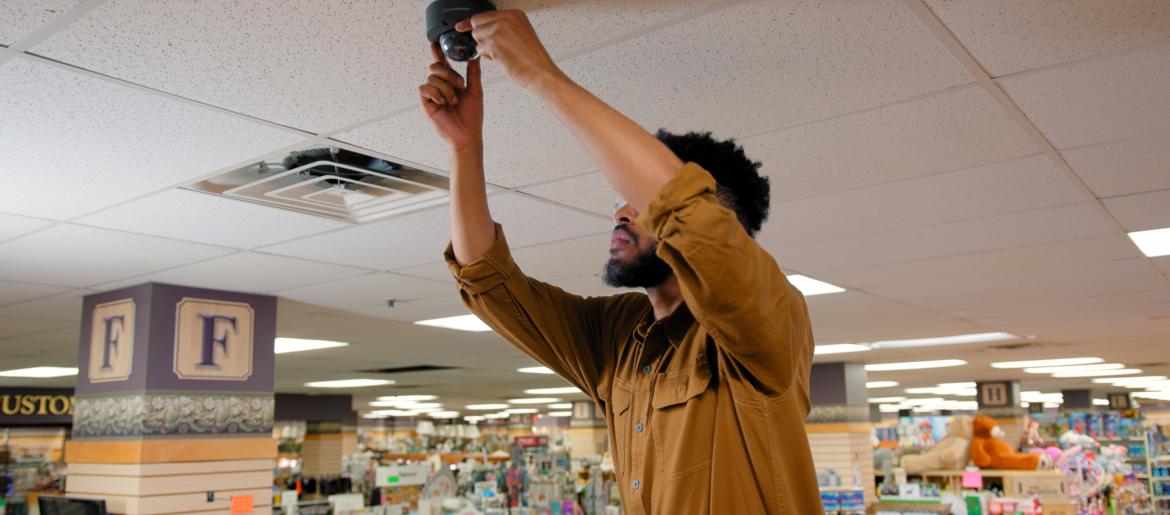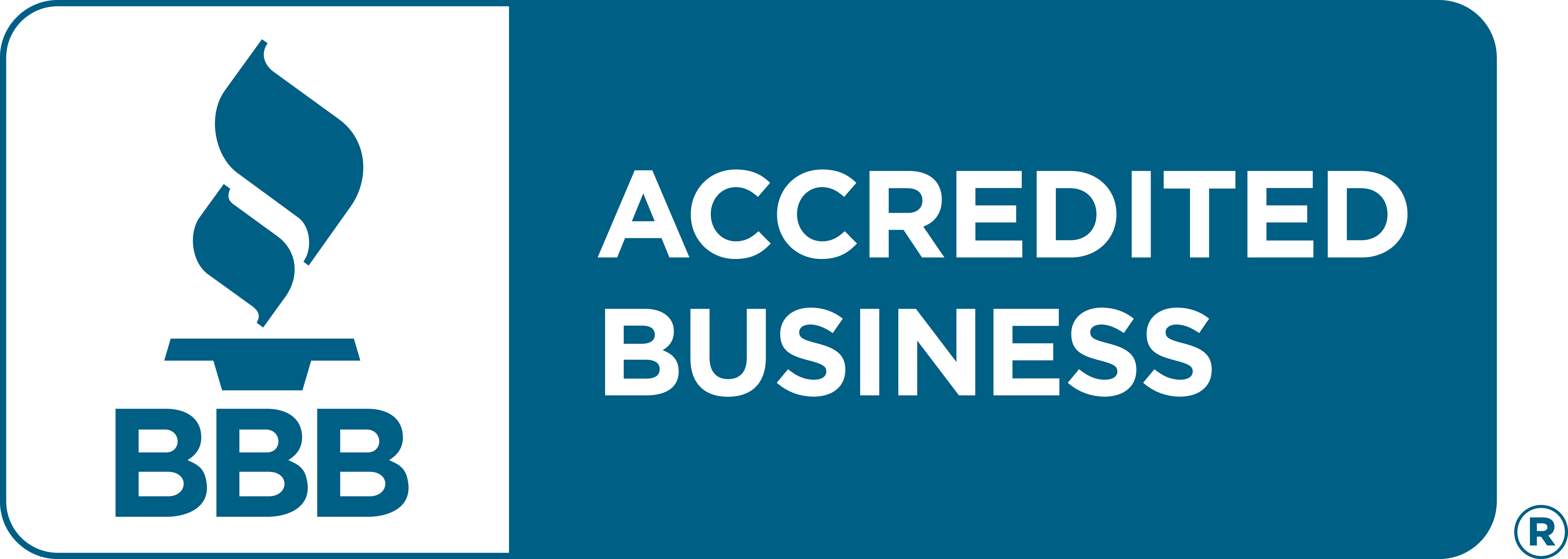Factors to Consider When Choosing a Security Camera
In an age where security concerns are paramount, investing in a reliable security camera has become a fundamental necessity. Whether you're looking to deter potential intruders, monitor your property remotely, or simply keep an eye on your loved ones, selecting the right security camera demands careful consideration.
With an array of options available in the market, each boasting various features, it's essential to understand the key factors that can make all the difference when choosing a security camera for your home or business.
Resolution
The resolution of a security camera determines the clarity and quality of the footage it captures. Opting for a higher resolution camera, such as 1080p or even 4K, ensures that any captured details are sharp and easily discernible. Higher resolution becomes particularly crucial when you zoom in on specific areas to identify potential threats or individuals.
Night Vision
Effective night vision is indispensable for round-the-clock surveillance. Look for a camera with infrared LED technology that can provide clear images even in low-light conditions. Ensure that the night vision range is adequate for the size of the area you intend to monitor, enabling you to maintain surveillance even during the darkest hours.
Audio
Audio capabilities in a security camera allow you not only to see but also to hear what's happening in your home. Consider whether you require two-way audio communication, enabling you to speak to individuals within range of the camera. This feature can be invaluable for monitoring children or pets and communicating with delivery personnel or potential intruders.
Wired vs. Wire-Free
When selecting a security camera, consider the advantages and drawbacks of wired and wire-free options. Wired cameras offer a reliable power source but may require professional installation, while wire-free cameras are easier to install and provide greater flexibility in terms of placement. However, wire-free cameras are dependent on battery life and may require frequent recharging or battery replacement.
Cloud Storage vs. Local Storage
Choosing between cloud and local storage is crucial for determining where your footage will be stored and how accessible it will be. Cloud storage provides the convenience of accessing footage from anywhere with an internet connection, but it often involves monthly subscription fees. Local storage, on the other hand, may be more cost-effective in the long run, but it's vulnerable to theft. A combination of both local and cloud storage (for backup and remote access) is arguably the best solution.
Privacy Zones
Privacy zones allow you to designate specific areas within the camera's field of view where recording is prohibited. This feature is particularly important for indoor cameras and protecting sensitive areas or private spaces within your property. It ensures that the camera only captures footage where necessary, respecting the privacy of individuals within the household.
Motion Sensing
A reliable motion-sensing feature is essential for minimizing false alarms and ensuring that the camera captures relevant footage. Look for customizable motion detection settings that enable you to adjust sensitivity levels and specify the areas where motion detection should be active. This helps in differentiating between genuine security threats and insignificant movements, such as passing vehicles or swaying branches.
Video Analytics
An even better alternative to video motion detection is a strong video analytics program that uses artificial intelligence to differentiate between humans and other objects. Video analytics can be configured to limit your notifications to important events instead of ordinary activity you’re not concerned about, like shadows or squirrels.
Location
Consider the areas of your property that are most vulnerable to intrusion and determine the best vantage points for surveillance. Additionally, assess environmental factors such as exposure to harsh weather conditions and potential obstructions that might hinder the camera's field of view and avoid placing your security cameras in such locations. If you’re not sure where to place your cameras for the best protection, consider professional installation and programming.
Discreet or Public Cameras
Discreet cameras offer the advantage of blending seamlessly into your décor, providing a subtler surveillance approach. On the other hand, public cameras, which are more noticeable, may act as a deterrent to potential intruders. The choice ultimately depends on the level of visibility you want to maintain and the intended purpose of the cameras in your overall security strategy.
The process of selecting suitable security cameras for your home or business involves careful evaluation of various features and considerations. If you’d like, the experts at DFW Security can help you find and install the right security cameras for your unique situation, contact us to get started.










